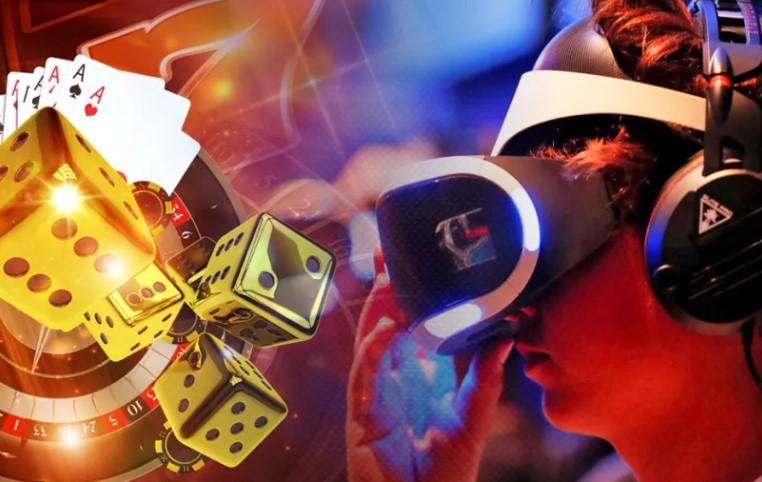Current VR Gambling Market Trends indicate a fundamental shift toward more sophisticated, socially integrated, and technologically advanced gaming experiences that transcend traditional online gambling limitations. The integration of artificial intelligence and machine learning technologies enables personalized gaming experiences, with platforms analyzing player behavior to recommend games, adjust difficulty levels, and provide customized bonuses. Blockchain technology adoption is accelerating, offering transparent, provably fair gaming mechanisms and cryptocurrency payment options that appeal to privacy-conscious players. Social gaming features are becoming increasingly sophisticated, with platforms implementing voice chat, gesture recognition, and avatar customization options that enhance interpersonal interactions within virtual casino environments. These technological trends reflect broader digital transformation patterns while addressing specific needs within the gambling entertainment sector, creating unique value propositions that differentiate VR gambling from conventional alternatives.
Consumer behavior trends reveal evolving preferences that shape VR gambling platform development and marketing strategies. Players increasingly demand cross-platform compatibility, expecting seamless transitions between VR headsets, mobile devices, and desktop interfaces without losing progress or functionality. The gamification of gambling experiences has become a defining trend, with platforms incorporating achievement systems, progression mechanics, and narrative elements traditionally associated with video games. Younger demographics show particular interest in skill-based gambling games that combine chance elements with player ability, challenging traditional casino game designs. Social responsibility trends are influencing platform development, with operators implementing sophisticated responsible gambling tools, including time management features, spending limits, and AI-powered intervention systems that identify problematic gambling patterns.
Market researchers forecast the VR gambling industry will expand to USD 1.35 billion by 2035, achieving 35.11% compound annual growth through 2025-2035. This growth trajectory reflects multiple converging trends, including hardware improvements, software innovation, and changing consumer entertainment preferences. The trend toward mobile VR solutions is particularly significant, as standalone headsets eliminate the need for expensive gaming computers, making VR gambling accessible to broader audiences. Cloud gaming technology is emerging as another transformative trend, enabling high-quality VR experiences without local processing power requirements. These technological trends reduce entry barriers and expand the potential customer base for VR gambling platforms, accelerating market growth and adoption rates.
Regulatory trends significantly influence VR gambling market development, with jurisdictions worldwide grappling with how to classify and control virtual reality gambling activities. Progressive regulators are establishing frameworks that acknowledge VR gambling's unique characteristics while ensuring consumer protection and responsible gambling practices. The trend toward international regulatory cooperation is gaining momentum, with countries sharing best practices and developing common standards for VR gambling operations. Cryptocurrency regulation trends also impact the market, as many VR gambling platforms rely on digital currencies for transactions. Industry self-regulation initiatives are emerging, with operators collaborating to establish ethical guidelines and technical standards that promote sustainable market growth while addressing regulatory concerns.
Explore Our Latest Trending Reports:



